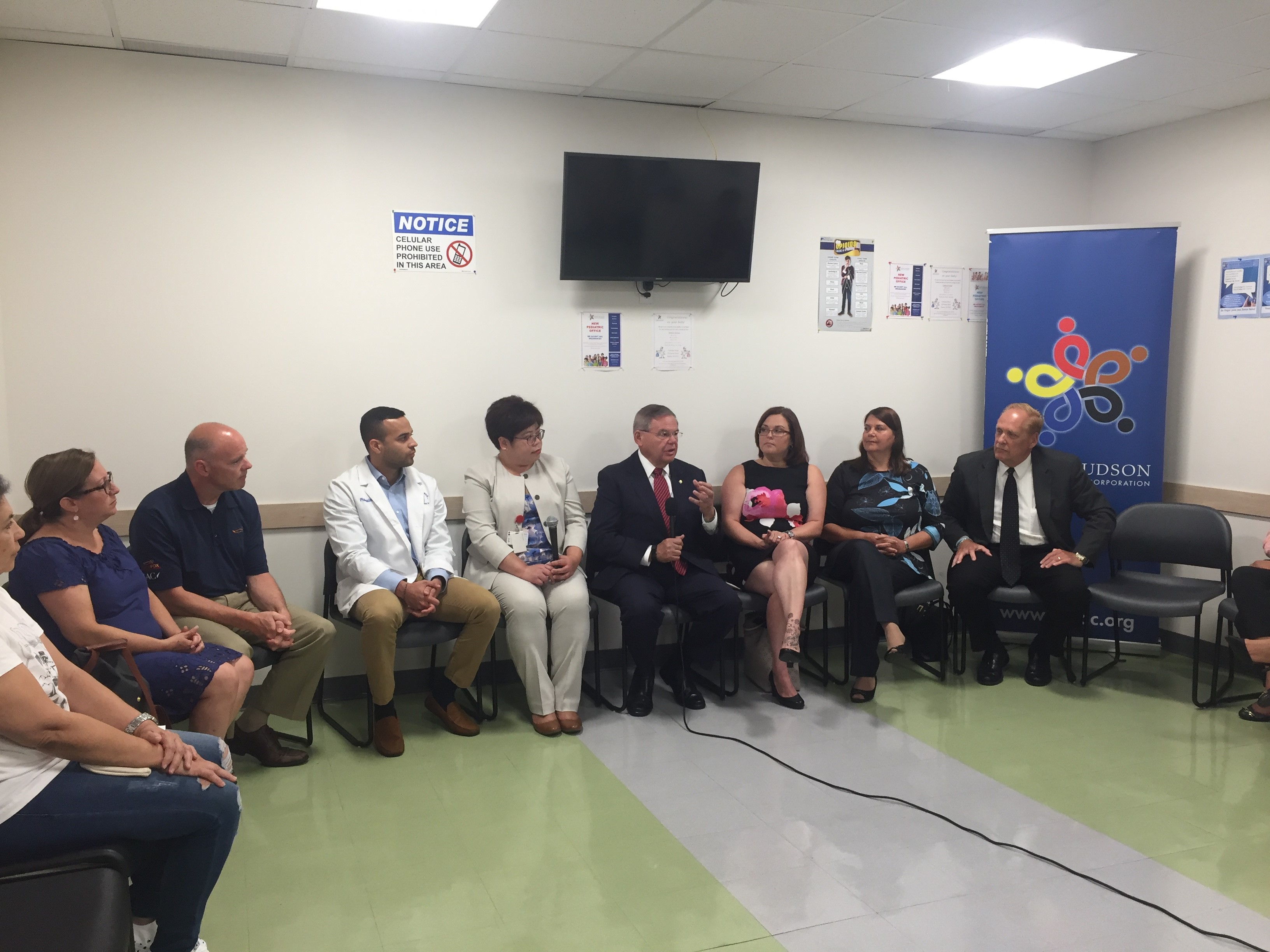By Elridge Proctor, MPA, Director of Health Policy
We have come a long way, but still have far more work to do in raising awareness about the profound impact that lung cancer has on Americans in every state across the nation. November is Lung Cancer Awareness Month and mid-term elections. Now is the time to make a big and final push for the Women and Lung Cancer Research and Preventive Service Act of 2018 (H.R. 4897 and S. 2358).
Members of Congress along with your local elected officials need to hear from you on what matters the most. It is up to you to share your story and tell your Representatives back at home that their support is critical to passing H.R. 4897 and S. 2358 before this Congress adjourns at the end of this year.
This legislation awaits action by the US Senate and House of Representatives to be passed as a bill on its own or added as an amendment to legislation that is “moving” or has traction to pass the end of this year. You can put pressure on your elected officials to raise this bill with their colleagues during the lame duck session by voicing your concern locally.
Advocate at home for lung cancer issues by arranging a meeting with your Members of Congress in the District Office—it is much easier than you think!
Here are five simple steps to make it happen:
- Find Your Representative: To identify your two Senators and House Representative:
- Call US Capitol Switchboard: (202) 224-3121
- Go to House of Representatives website: http://www.house.gov/
- Go to the Senate website: http://www.senate.gov/
**Be sure to find their contact information for their District/State Office.**
- Request a meeting: Your elected official’s phone number and email address are public information, so call or send them a note asking to schedule a meeting. Include details about why you want to meet and what issues you would like to discuss. Be patient (as they tend to be busy), but also be persistent. Don’t hesitate to follow up a couple times if they don’t reply.
- Prepare for the Meeting: Get to know your elected official by checking out his/her website, social media channels and recent news articles. Even if they do not have a direct connection to lung cancer, you might find he/she has a particular interest in health, research or women/family issues. The key is to share your personal story about lung cancer and its impact on you.
- Be Flexible & Accommodating: Remember that there is a chance you may not meet with your elected official, but rather one of his/her staffers. The staff are just as important and deserve the same respect. Their job is to share your message with your Senator or Representative and you never know if a staffer has a personal connection to the disease.
- Conclude with a Thanks and Follow Up: After you return from your meeting, send an email or a handwritten letter thanking them for their time. Don’t forget to repeat your story and highlight the issues you spoke about during the meeting with an expectation for support.
Can’t make it for an in-person meeting? No worries! You can share your story and let your elected official know what issues matter most to you through a letter, email or even a Tweet. Click here to learn more!
Other Considerations
This November, health care discussions are top of mind for Members of Congress. Please bring your health care needs and concerns into the national conversation and share your story. In addition to meeting with Members and their staff, you can check their websites to see if they have any upcoming town halls or public events you can attend locally. These events provide opportunities for constituents to come meet and greet or to ask questions of and provide feedback to Members.
Advocates Share Their Experiences:

Bill and fellow advocates from New Jersey meet with Senator Menendez (D-NJ).
Bill Schrul, New Jersey
“It is important that my elected officials knows the impact that lung cancer has on my family. It is a very real story, and told with sincerity and passion, it can deeply impact how our leaders view this disease. It is not just another faceless story. I am the same as anyone in NJ- when speaking to my elected officials I try and make the point that it could be their family, friend or neighbor.
I get a huge amount satisfaction out of being an advocate. It allows me to feel that I am doing something positive that will not only bring advancements that will help me and my family, but also other patients and even those who have not yet been diagnosed.”
Patty Watkins, Georgia

Patty and her daughter.
“I scheduled a meeting through the local office in my city. I first met with the Chief of Staff in Roswell, GA; leaving her with lots of information about lung cancer and some statistics. She shared a personal connection to lung cancer in her own family. When I was getting ready to go to the LCA Summit, I contacted her D.C. office. Since they were familiar with me from my previous appointment, they readily set me up for a D.C. visit with Rep. Karen Handel. It’s not complicated, but you must schedule in advance of your desired visit date. They keep busy, tight schedules.
“It’s important to be an advocate. I feel like I am able to change mindsets, raise awareness and raise research funding.”
Questions? Contact our health policy team at policy@go2.org.

Leave A Comment